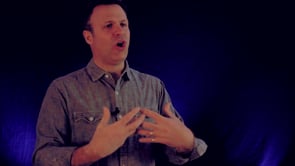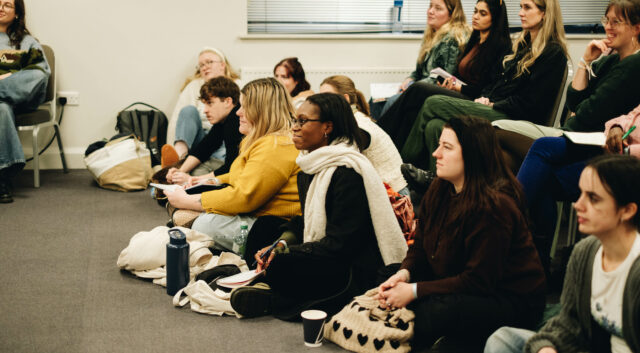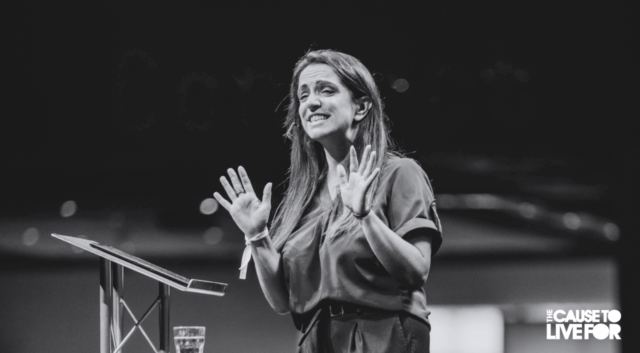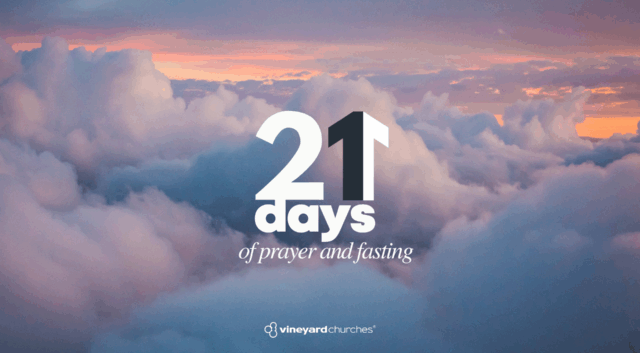Transcript:
So a really important thing is humility; asking great questions, listening, what’s going on in the town? What needs do people have? Who are some of the agencies? And that leads to the second which is partnering with people – we don’t have all the solutions, we have access to some different solutions and some supernatural solutions and that’s great, but there are other people doing amazing work, and again why would we set up our own children’s charity or homeless shelter if there’s a great one there that we can get involved in? So absolutely, go and listen, then we form partnerships and then we release people to do it and I mean that’s critical – we the church can’t structure and run everything, and we shouldn’t try to. We want to be at the centre of some of the solutions, we want to drive them and release people, but we set vision and then say to people “go where you heart and your passion is and go and make a difference in those areas” and I think that’s a really critical distinction in how we’re doing it. I think one of the other things when we’re working in a town and a city is to remember we are the church, so one of the temptations is to go in just gospel thumping ‘boom boom’, but the other is to SO forget it that we just become another social arm of the state, and we are carrying Jesus, we are carrying the Holy Spirit, we have something different so we’ve got to be saying absolutely at the core of this, what’s driving us is Jesus and what can really transform and change you is Jesus.
I love that in CAP and some of the others who are saying we are here to solve your debt, but underline that it’s almost certainly a problem and in that we want to share Jesus with you, and so we’ve got to get that distinction right, we’re not thumping it down people’s throats but at the same time, if we don’t talk about Jesus, what’s the point?! That’s what’s changed our lives, and so we’ve got to offer that solution to people. It’s got to be at the core of what we do.










